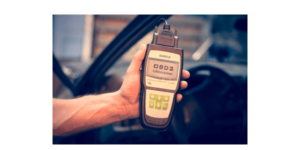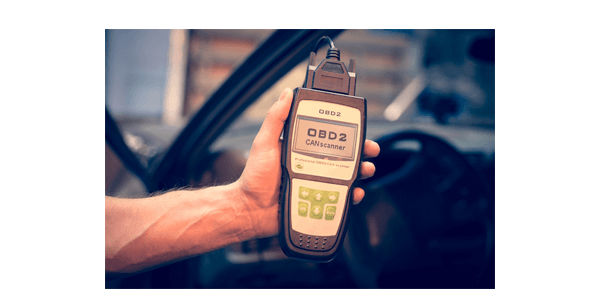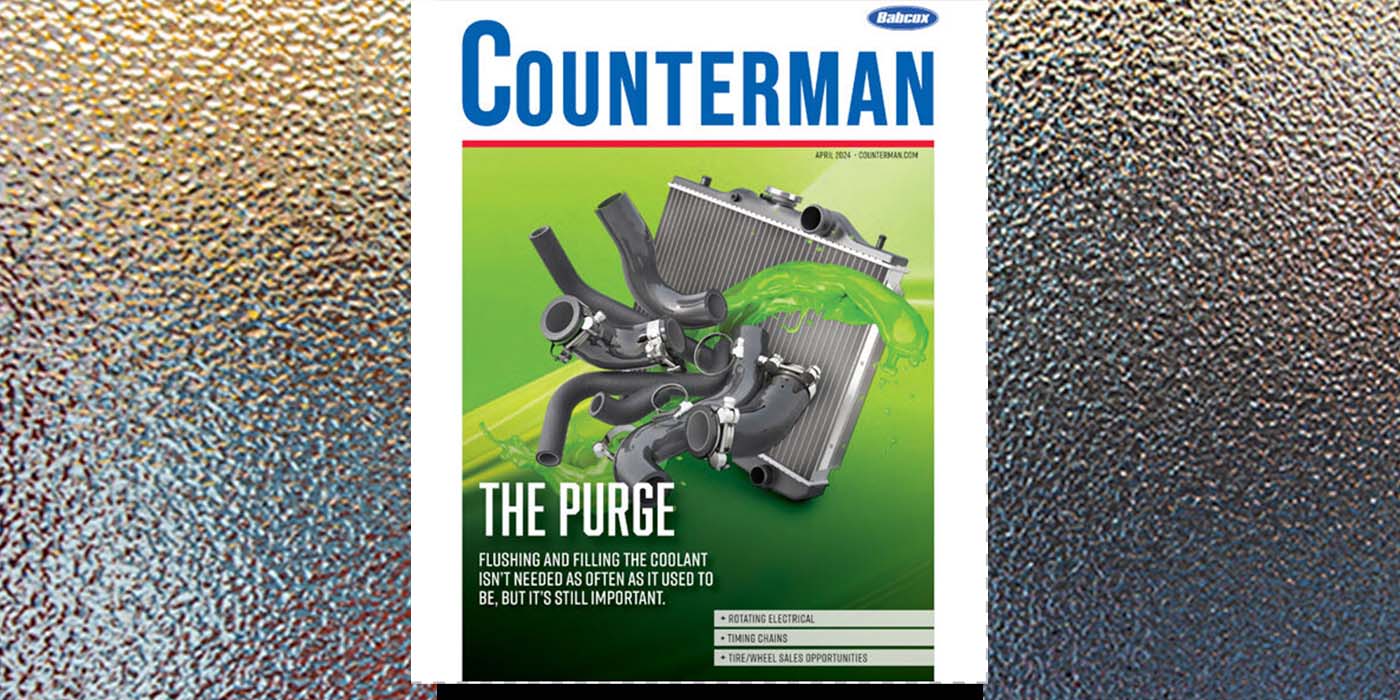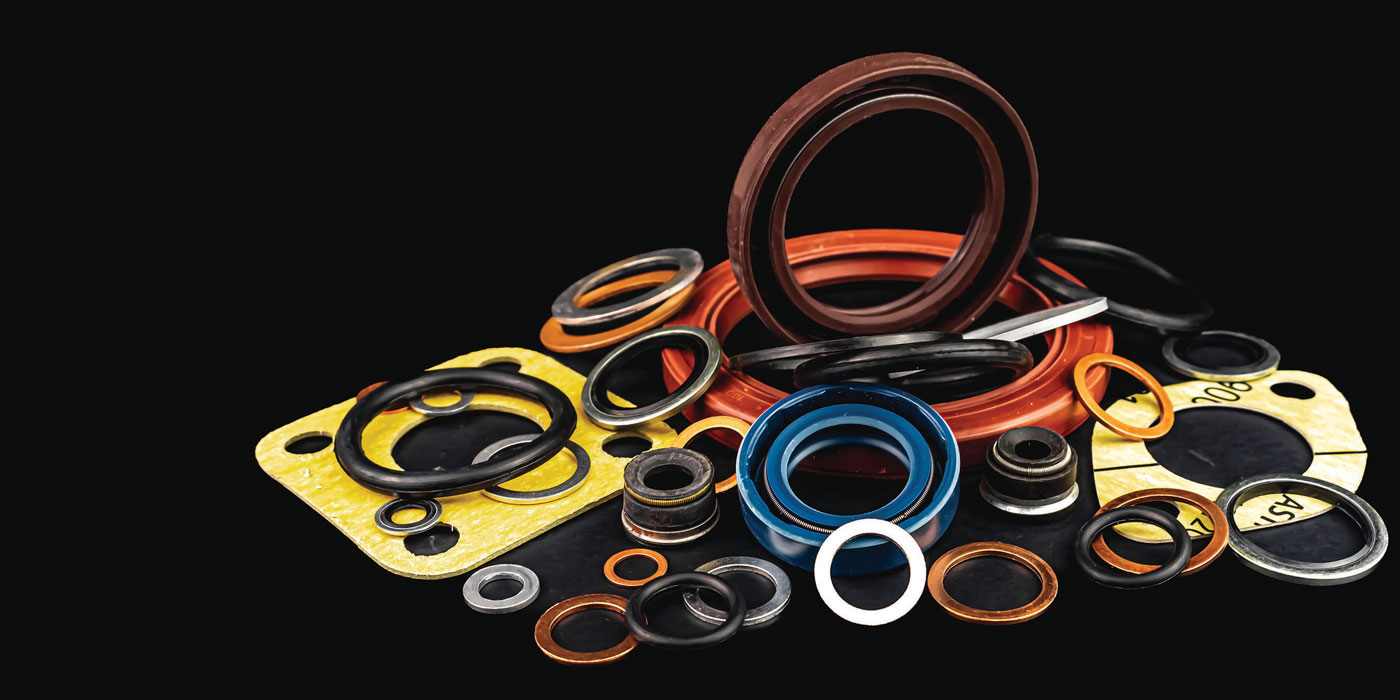 A scan tool is a “must have” tool for troubleshooting and repairing performance and emissions-related faults on any vehicle equipped with an engine computer. That includes every passenger car and light truck built since 1996 with OBD II, as well as most vehicles dating back to the early 1980s with engine computers.
A scan tool is a “must have” tool for troubleshooting and repairing performance and emissions-related faults on any vehicle equipped with an engine computer. That includes every passenger car and light truck built since 1996 with OBD II, as well as most vehicles dating back to the early 1980s with engine computers.
Scan tools also have become necessary for diagnosing problems and servicing components throughout the vehicle. This includes the airbag system, antilock-brakes, climate control system, electronic ride control system, electronic power steering, stability control and even some tire pressure monitoring systems. In short, a scan tool is a necessity for just about everything on late model vehicles – even basic maintenance for resetting oil service reminder lights on some applications, and for relearning various sensor and control settings if a vehicle’s battery has gone dead or has been replaced without a power backup.
Most motorists don’t own a scan tool for a variety of reasons. Many motorists are totally clueless about how their engines operate, let alone how to use a scan tool to diagnose a problem. If something is wrong, they’ll take their vehicle to a repair shop or new car dealer to have it diagnosed and repaired. Consequently, the primary market for scan tools are professional technicians and “do-it-yourselfers” who have some automotive knowledge and will try to fix their own vehicles when a problem occurs.
Many auto parts stores offer free “loaner” scan tools for DIY diagnosis. It’s a cheaper alternative to actually buying a scan tool for a motorist who has a Check Engine light on. But it can also result in misdiagnosed faults and unnecessary parts returns when a replaced sensor or other component fails to fix a problem.
A basic entry level scan tool designed for a consumer user will display fault codes, OBD II monitor status and various system data (sensor readings, engine RPM, air and coolant temp, cooling fan status and other system parameters). Some tools will also show history codes and captured data when a fault occurred.
A basic DIY scan tool will typically sell for $50 to $200, with higher priced tools offering greater capabilities. However, most consumer-oriented entry level scan tools only read OBD II powertrain codes and cannot access other systems on the vehicle. Some can access the ABS system and airbags but for displaying fault codes only.
DIY scan tools also lack “bidirectional” capabilities (the ability to initiate system self-tests or to reprogram anything) for safety and liability reasons. The only exceptions are “tuner” tools that allow some PCM calibrations (such as the speed limiter, engine RPM limiter, fuel mixture, ignition timing and turbo boost) to be tweaked for more power.
Most basic DIY scan tools can read generic or global “PO” fault codes for most vehicles as well as many manufacturer specific “P1” enhanced codes. However, the P1 enhanced code coverage for some import applications (notably European makes) may be limited or nonexistent depending on the tool.
By comparison, a professional grade scan tool will have far greater capabilities and coverage than any basic entry-level DIY tool. The pro tools can cost $1,500 to $10,000 or more depending on the tool and what it can do.
Factory scan tools have mostly disappeared in recent years as vehicle manufacturers have gone to computer- and web-based diagnostics at their dealerships. Factory diagnostics also are specific to their own brand and do not cover other makes of vehicles. So most independent repair facilities own some type aftermarket scan tool that works on a wide range of vehicle makes and models. Many tools have advanced diagnostic features such as the ability to graph multiple sensor waveforms and/or to display diagnostic tips or service bulletin information. What’s more, these tools have to be upgraded regularly to keep them current with the latest vehicles – which is an added cost factor.
Many shops also own multiple scan tools. They may use a basic entry level tool for performing an initial diagnosis, or a factory tool for specific vehicle applications (GM, Ford, Chrysler, BMW, VW, etc.) depending on their customer base. Multiple scan tools are often needed because not every diagnostic feature, code or self-test that is included in a factory tool will be offered in an aftermarket pro tool. No one scan tool can do everything. Some tools have a broader range of capabilities than others and some provide much better coverage for import applications than others. It all depends on what a DIY or professional customer needs and what they can afford.







